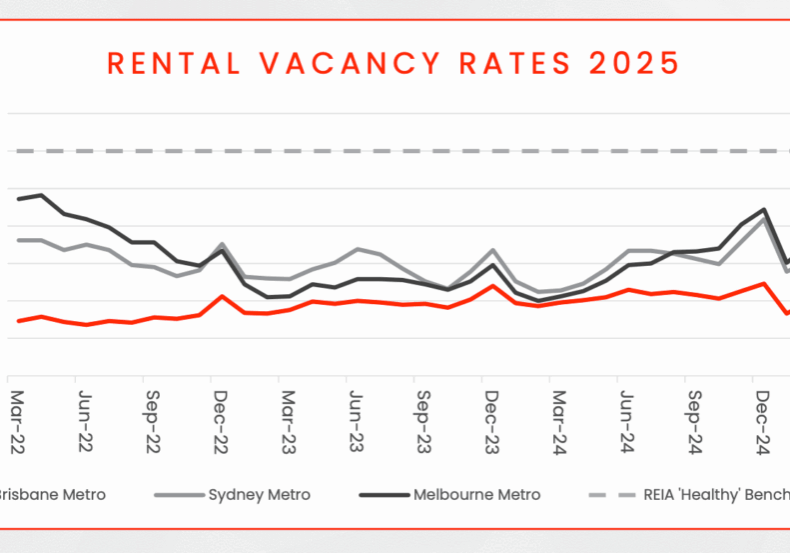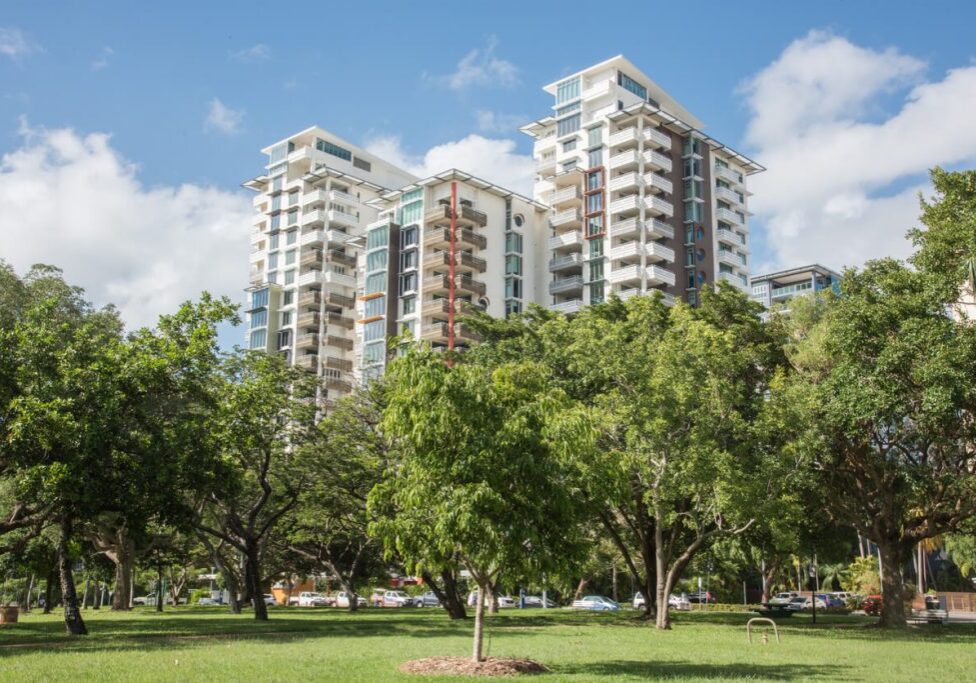Understanding Letting Fees and Lease Renewal Fees

Property management involves various fees and processes that landlords and tenants need to navigate. One common area of confusion is the difference between lease renewal fees and letting fees. In this blog post, we’ll break down the distinctions between these two fees, clarifying their roles and implications for landlords and tenants alike.
What is a letting fee?
Let’s start by understanding letting fees. A letting fee is incurred when a property management agency sources a new tenant for a vacant property. This fee covers the costs associated with the tenant acquisition process, including:
- Arranging private property viewings and/or hosting open house sessions
- Conducting thorough background checks on all prospective tenants
- Drafting legally binding documents, including the tenancy agreement
- Collecting the security deposit and registering it with the appropriate regulatory body, such as the Residential Tenancies Bond Authority (RTBA)
- Preparing detailed condition reports and capturing images for the incoming tenancy
Can Letting Fees Vary?
The cost of letting fees can vary significantly based on a variety of factors. Firstly, the level of services offered by the property management agency plays a crucial role. Some agencies may provide comprehensive services, including advertising the property, conducting inspections, screening tenants, preparing legal documents, and handling the collection of bonds. In contrast, others may offer more basic services tailored to the landlord’s specific needs.
Secondly, the reputation and experience of the property management agency can influence the letting fees. Established agencies with a proven track record may charge higher fees due to their expertise and market credibility. Conversely, newer or smaller agencies may offer more competitive rates to attract clients.
Here at LINK Living, we offer the best of both worlds, a competitive price and a sterling service!
Relevant state laws and regulations also impact letting fees. Each state in Australia may have its own guidelines and restrictions regarding the maximum fee that property managers can charge. For example, in New South Wales (NSW), Queensland (QLD), and South Australia (SA), letting fees typically range from 1-2 weeks’ rent, but specific regulations may vary.
Lease Renewal Fees
On the other hand, a lease renewal fee comes into play when an existing tenant wishes to extend their lease for another term. This fee is charged by the property management agency for services such as:
- Negotiating the terms of the lease renewal with the existing tenant, as instructed by the landlord
- Completing the necessary paperwork for the next lease term, ensuring that all legal requirements are met
- Facilitating the return of fully signed lease documents between both parties
It’s important to note that both parties must agree to the terms of the lease renewal for it to be legally binding. If mutual agreement on a lease renewal cannot be reached, the existing lease will typically transition into a periodic lease arrangement once the termination date specified in the original tenancy agreement has been reached.




